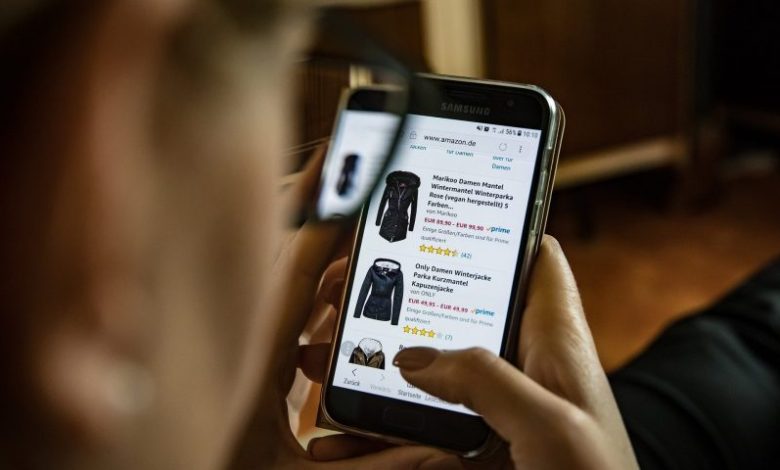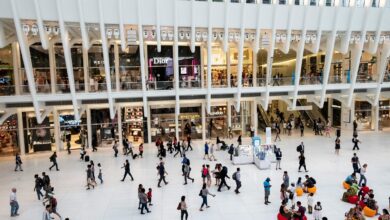17 million UK consumers expected to permanently shop online post-Covid-19

Register to get 1 free article
Reveal the article below by registering for our email newsletter.
Want unlimited access? View Plans
Already have an account? Sign in
Some 17.2 million British consumers plan to make permanent changes to the way they shop, as perceived risks of contracting Covid-19 at physical stores redirects spending into online channels.
This is according to a new report by global professional services firm Alvarez & Marsal (A&M), in partnership with Retail Economics, which based it’s research on a major new survey of 6,000 consumers spanning six European countries.
Consumers who perceive the risk of Covid-19 to be very high are almost four times more likely to shift their shopping habits in the long-term.
According to A&M, this group reflects those in society who have in the past been “slow to adopt online banking and shopping”, and have now been “forced” to shop in new ways for essential items and do not intend to change these habits.
A&M added that the advent of the new group of online shoppers alongside ‘early adopters’ means the proportion of online retail sales in the UK is estimated to increase by an additional £4.5bn in 2020, despite consumers cutting back spending on all non-food purchases.
The group said over the next few months retailers will need to engage with this “increasingly valuable” new group of online consumers.
Erin Brookes, managing director and head of retail, Europe, A&M, said: “Retailers are facing a make or break moment. The race is on to transform operating models, product proposition and channel mix to ensure these meet the demands of a new type of shopper. Those that emerge on the other side will be stronger and more adaptable.”
Richard Fleming, managing director and head of restructuring, Europe, A&M, added: “The way we shop has fundamentally changed and it is unclear how the dust will settle.
“Retailers with large store footprints face onerous rental agreements and they are locked into a stalemate with landlords. The two parties need to start working more collaboratively to preserve mutual value.”







